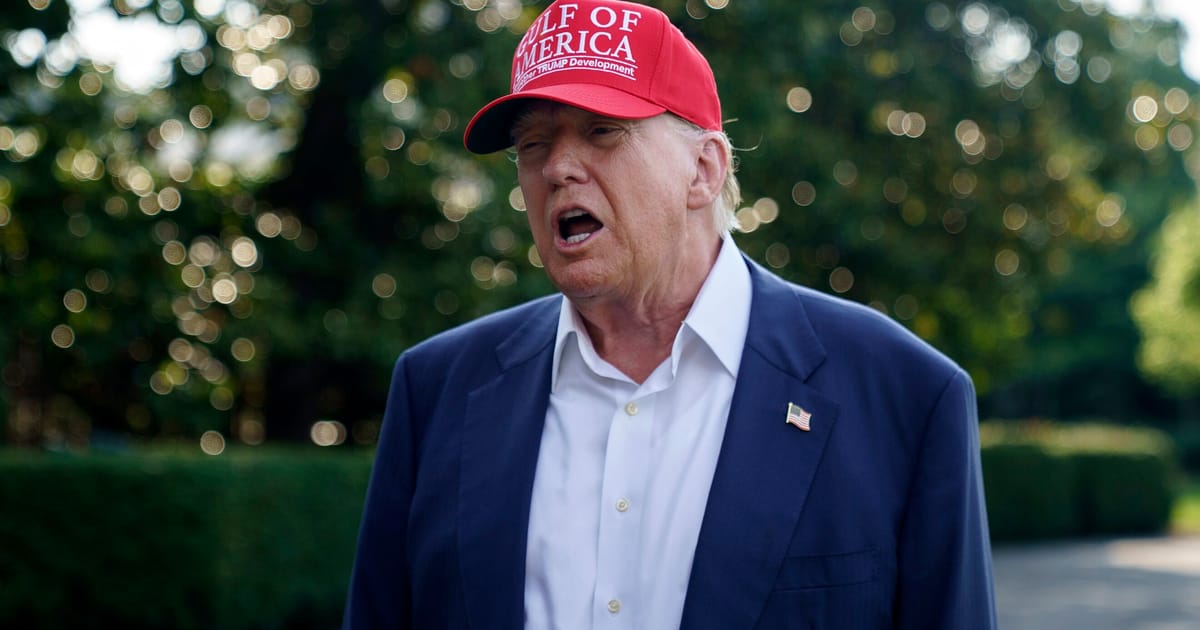

In a world often beset by tensions and conflict, recent developments in international diplomacy offer a glimmer of hope and collaboration. Central to these dialogues is the announcement by U.S. President Donald Trump regarding an agreement by Israel to a potential ceasefire in Gaza. Coupled with the forthcoming signing of a mutual defense treaty between the UK and Germany, these movements signify steps towards peaceful resolutions and stronger alliances.
In the context of the ongoing conflict in Gaza, President Trump has taken a pivotal role in facilitating peace talks, highlighting that Israel has agreed to the necessary conditions for a 60-day ceasefire with Hamas. This proposal serves as a temporary pause, during which involved parties aim to engage in constructive dialogue and find a longer-term solution to a war that has been deeply painful and destructive, claiming nearly 60,000 lives.
Trump, through a post on Truth Social, exclaimed the importance of the agreement, urging Hamas to seize this opportunity, trusting that it will not present a better chance in the near future. He articulated his hopes for peace, not only for the immediate stakeholders but for the broader Middle East, sending a resonant message of optimism and urgency for sustainable peace efforts.
However, while the announcement was made with transparency, it has been met with a cautiously quiet reaction from Israeli media and officials. There is a palpable sense of hope mixed with a prudent awareness of the challenges that lie ahead. Local reports suggest a wait-and-see approach, where outcomes will be measured by tangible and positive progress on the ground. The delicate nature of such negotiations means that success is contingent on the cooperation and input of all involved parties. Yet, amidst the uncertainty, a common desire for peace remains a guiding light.
Meanwhile, across Europe, a different but equally significant development in international collaboration is unfolding. The United Kingdom and Germany are on the verge of signing a substantive mutual defense treaty. This pact signals a commitment where any strategic threat to either nation will be regarded as a threat to both. Leaders from both countries have expressed that this agreement underscores their dedication to maintaining regional security and stability.
The implications of such a treaty are profound, fostering not only a bilateral understanding but also reaffirming solidarity within the larger context of European and global geopolitics. The leaders emphasized that the treaty is part of a broader strategy to strengthen alliances, ensuring they are prepared to confront future challenges together with a unified stance.
In both of these scenarios, the theme of unity through partnership and cooperation prevails. The Gaza ceasefire negotiations highlight a moment where diplomacy aims to rise above division, encouraging dialogue as a tool for resolution. Similarly, the proposed UK-Germany defense treaty embodies a spirit of camaraderie and shared purpose, reinforcing the notion that collective security and mutual trust are paramount in navigating a complex world.
As the world watches these narratives unfold, there is a cautious optimism that such diplomatic endeavors will lay the groundwork for lasting peace and cooperation. Although challenges remain and the path ahead may be fraught with hurdles, the resolve to pursue amicable resolutions and build stronger ties paints a hopeful picture for the future.
As such, these developments remind us of the importance of patience and perseverance in diplomacy. In navigating the complexities of international relations, it is often the small, deliberate steps that pave the way for significant and transformative change. Moving forward, the potential for continued dialogue and strengthened alliances offers a beacon of hope, inspiring a shared journey towards a more peaceful and collaborative world.
Source: {link}
